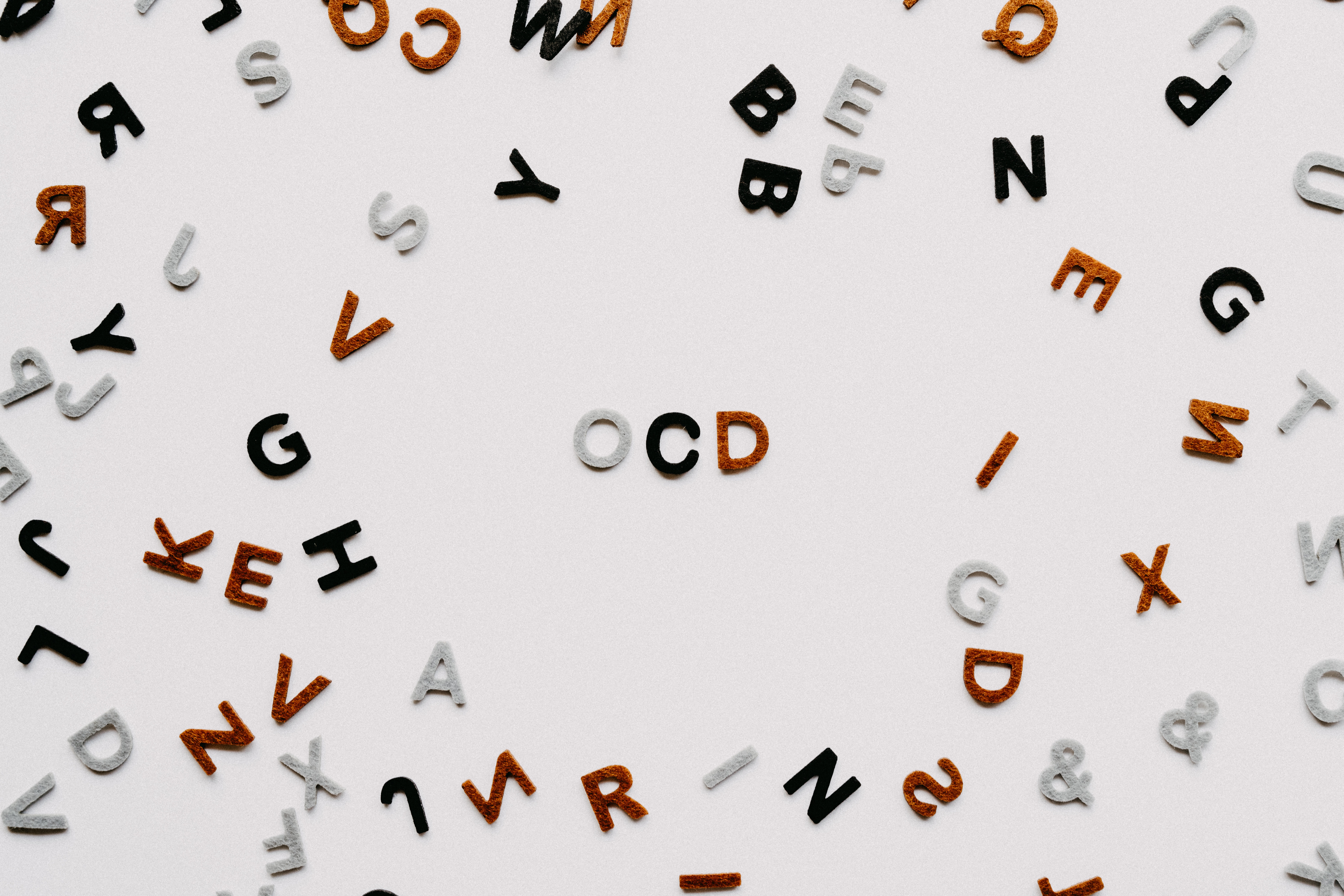Obsessive- Compulsive Disorder (OCD)

Obsessive- compulsive disorder (OCD) is a common and chronic mental and behavioural disorders characterised by recurring and relentless intrusive thoughts (obsession) and/or feels the need to perform certain routines or behaviour repeatedly (compulsion) that cause significant anxiety and distress to an individual and interfere with their daily activities and all aspects of life such as work, school and personal relationship. It can affect anyone from all walk of life but commonly starts during puberty or early adulthood
The primary symptoms of OCD are obsession. Many people who suffered from OCD recognize that their thoughts and habits are excessive and unreasonable. However, the distress caused by these intrusive thoughts cannot be resolved by logic or reasoning. It cause the person to experience significant anxiety, distress and disgust. Common obsessions includes fear of contamination, obsession with symmetry and order, disturbing thoughts about religion and sex and fear of losing and discarding something important. An intense obession could be preoccupation with the thoughts or image of a close family member or friends dying or someone or something bad (such as disease or devil) can cause harm directly to the person or to their loved ones

Compulsions are repetitive behaviour (actions) or mental (thoughts) that are often carried out in a special pattern or according to specific rules in order to relieve the distress or unpleasant feelings brought on by obsessive thoughts even though they are aware that their compulsions do not make sense, but they perform them anyway. Common compulsions include excessive cleaning, handwashing, rearranging and checking things, reciting prayers and seeking reassurance. Compulsions occur so often, typically taking up at least one hour per day, that they impair one's quality of life. Individuals who suffered from OCD do not find enjoyment with their compulsive acts but they unable to stop doing it. Even if they attempt to stop performing the act, they quickly feel bad and remorseful and feel that they need to start again and if they don't, this will create chaos, imbalance and something bad will happen either to them or someone they care about
We do not know the exact cause of OCD. It appear to have genetic or hereditary components. Other possible causes include physical abuse or trauma, emotional neglect as a child or other stress- inducing events such as bullying, childbirth or bereavement and certain personality such as methodical, meticulous individual with high personal standards are more likely to develop OCD. Individual who suffered from OCD often suffered from other type of mental health disorders such as anxiety and panic disorders, depression and addiction

What can you do if you suffer from OCD? Try to recognise that the thought is trying to control you and consciously challenging it. Simply take a pause when the thought comes up rather than immediately responding to the urge. It may not be easy to ignore the thought and resist the urge to perform a ritual, but over time with practice, you are able to put some space between you and your thoughts and start to look at them more objectively and this can help you feel more in control. You can also use several distractor techniques such as doing chore that demands attention or talking to your friends or family members
There are medical treatment such as anti-depressant and anti-anxiety to help with your symptoms as well as cognitive behavioural therapy (CBT) known as exposure therapy. Psychological therapy aims to change pattern of thinking, beliefs and behaviours that may trigger anxiety and OCD symptoms. Parts of the therapy involves gradually exposing the person to situations that trigger their obsessions and, at the same time, helping to reduce their compulsions. This process is gradual and may take times. Other anxiety management techniques can also help to manage their symptoms such as breathing exercises, relaxation therapy and hyperventilation control. It also important to involve your loved ones, getting adequate sleep, regular physical exercises and taking care of your own emotions to avoid being overwhelmed
If you have any questions regarding OCD, talk to our doctor for more information



